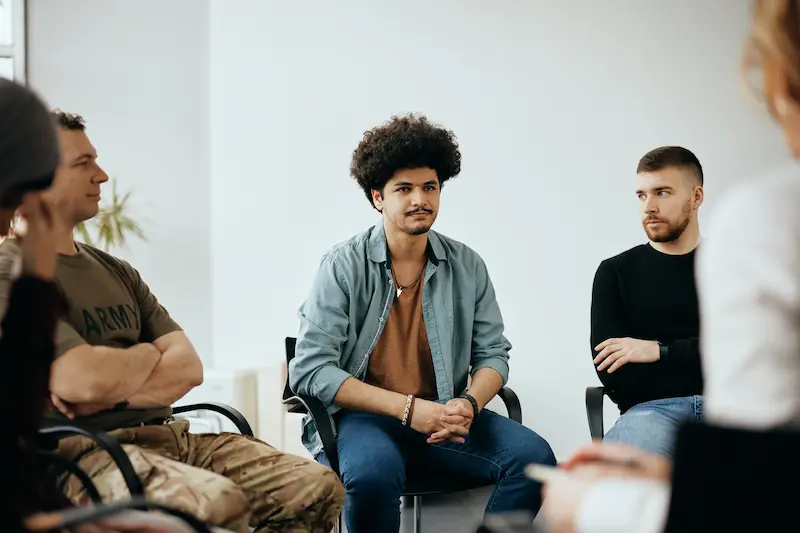24/7 Helpline:
(866) 899-221924/7 Helpline:
(866) 899-2219
Other Insurance Options

Cigna

EmblemHealth

Excellus

Meritain

Humana

Kaiser Permanente
Beacon

Highmark

Multiplan

Coventry Health Care

ComPsych

Sutter

MVP Healthcare

Self-pay options

WellPoint

Health Net

Holman Group

Optum

UMR

Optima

Midway Recovery Systems
Midway Recovery Systems, Inc. purpose and mission are to provide quality treatment for males who are...

Spalding County Behavioral Health Center
Spalding County Behavioral Health Center offers individuals experiencing symptoms associated with me...

Pathways
Pathways - Highway 16 West offers outpatient treatment for individuals with alcohol and/or substance...

McIntosh Trail Community Services
McIntosh Trail Community Services is a public rehab located in Griffin, Georgia. McIntosh Trail Comm...




McIntosh Trail Community Services – Outpatient
McIntosh Trail Community Services – Outpatient is a public rehab located in Griffin, Georgia. McInto...

Pine Woods Behavioral Health
Pine Woods Behavioral Health is a private rehab located in Griffin, Georgia. Pine Woods Behavioral H...







